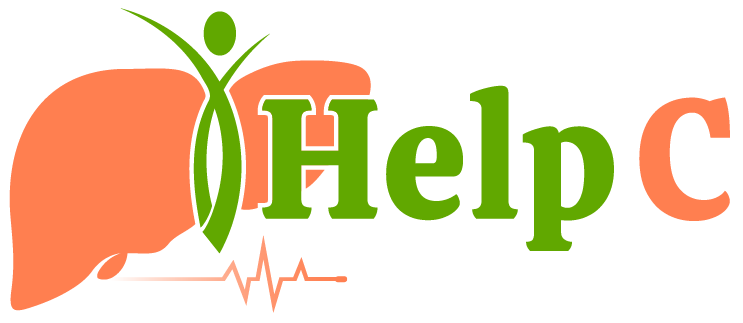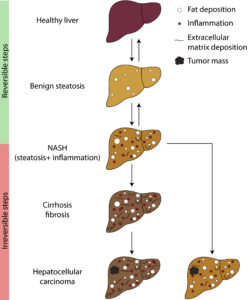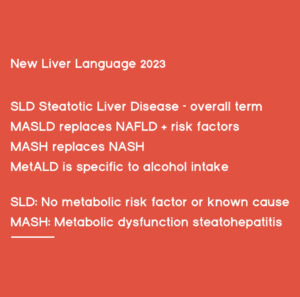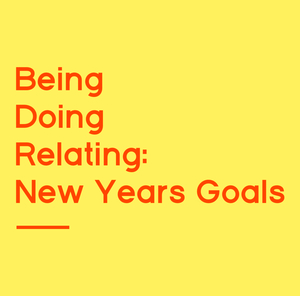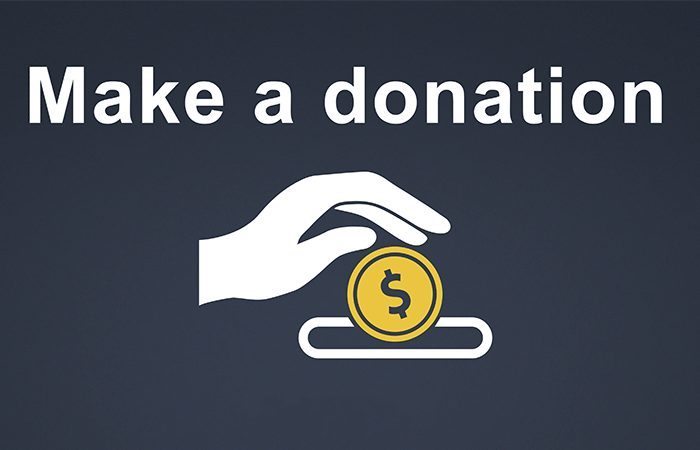The Surprising Relationship Between Cannabis and Cardiovascular Health: Separating Fact from Fiction : Katie Pierce is a new guest blog by my friend Katie. I had read about the relationship and was happy to see her compilation of evidence. I think it’s wise to look at the results and then talk to your doctor about your personal use. I’m not here to judge. So post transplant, I’m working on heart heath and am choosing not to use cannabis.
From a federal standpoint, cannabis remains an illegal substance in the USA. However, many US states have recognized its recreational and medicinal applications. Out of 50 states, 38 have legalized medical marijuana, while 24 have legalized its recreational use.
However, more research is needed to further understand the effects of cannabidiol (CBD) on human health. For example, a study suggests that CBD might aid with fatty liver, but some evidence indicates it could increase liver enzymes. More research is needed to conclude whether CBD is helpful or harmful to liver health.
Another domain where the effects of cannabis are not fully understood is cardiovascular health. Some studies point to harmful effects, while others suggest potential benefits. This has resulted in misinformation and misconceptions spreading in the online space.
This article aims to clear up some of the confusion, separating fact from fiction. Let’s dive in.
Common Myths About Cannabis and Heart Health
Decades of prohibition by governments have made cannabis research scarce. More and more studies are being done today, but a lot of work remains to be done. Because of this, misconceptions have spread about the effects of cannabis on heart health. Let’s shed light on some of them.
1. Myth: Cannabis Doesn’t Affect Heart Health
Research shows that using cannabis, especially frequently, can increase your risk of heart problems like coronary artery disease.
For example, those who use cannabis daily are at a higher risk compared to non-users. This is due to substances in cannabis that can cause inflammation and build-up in heart arteries
2. Myth: Cannabis Can Prevent or Cure Heart Diseases
There is no solid proof that cannabis can prevent or cure heart diseases.
While some studies explore the potential benefits of certain cannabis components like CBD, the overall evidence suggests more risks than benefits when it comes to heart health.
3. Myth: Smoking Cannabis Is as Harmful as Smoking Cigarettes for Your Heart
Both are harmful, but they affect the heart differently.
Cannabis use has been directly linked to severe heart issues such as heart attacks and other heart conditions. This underlines its unique risks separate from those of tobacco.
4. Myth: CBD is Completely Safe for the Heart
Even though CBD doesn’t have the psychoactive effects of tetrahydrocannabinol (THC) and is explored for health benefits, we don’t have enough evidence to consider it completely safe for heart health.
It’s important to approach CBD use with caution and stay informed about its effects.
5. Cannabis Use Doesn’t Affect Younger Adults’ Heart Health
Young adults are not immune to the cardiovascular risks associated with cannabis.
Studies have found that younger cannabis users (under age 55 for men and under 65 for women) also show an increased risk of conditions, such as coronary heart disease and heart attacks, even if they have no other risk factors like tobacco use.
6. Being Physically Fit Means Cannabis Won’t Affect Your Heart
Good health doesn’t eliminate the risks. Cannabis can still lead to heart problems like increased heart rate and blood pressure, which can affect anyone, even those in good physical condition.
These misconceptions are just some of the many circulating online and through word-of-mouth. As long as research on cannabis remains insufficient, more myths are sure to be born. That’s why learning how to spot truth from hearsay is important.
How to Avoid Falling For Misconceptions about Cannabis
When you seek answers about cannabis and heart health online, you are bombarded with information coming from both reputable and not-so-reputable sources. How do you know which ones to trust? Below, we share some pointers:
- Learn the Basics: If you’re not a cannabis enthusiast yourself, reading through dozens of cannabis studies can be confusing. It’s important to equip yourself first with fundamental knowledge, such as the difference between indica and sativa strains and the overall cannabis culture.
- Look for Trustworthy Info: Always check facts from reliable health websites or articles written by doctors. Websites like those of the American Heart Association offer research-backed information.
- Talk to Your Doctor: If you’re unsure about something you’ve read regarding cannabis, ask your healthcare provider. They know your health best and stay updated on the latest studies.
- Use Multiple Sources: Don’t just take one article’s word for it. Look around to see what other experts are saying. This helps make sure you’re getting the full story.
- Be Careful with Stories: Personal stories can be interesting, but they’re not scientific proof. Take them with a grain of salt, especially if they claim to cure or prevent diseases.
- Know Research Limits: Research on cannabis is still new and sometimes limited by laws. This means not all studies are perfect, and findings can change as new research emerges.
- Stay Updated: Health advice can change as new research comes out. Try to keep up with the latest news from trusted sources to get the most accurate advice.
By following these tips, you are better equipped to comb through hundreds of articles about cannabis and heart health. Coupled with vigilance, you won’t fall for misinformation, allowing you to make better decisions about cannabis use.
Final Word
The internet age is a double-edged sword. Information flows freely, but this has also resulted in the spread of misinformation. For sensitive topics such as the effect of cannabis on cardiovascular health, the price of misinformation can be costly.
To protect oneself from misinformation, stay informed and skeptical. Rely on trustworthy sources and think critically. This way, you can protect yourself from myths and ensure your decisions are based on solid scientific evidence.
